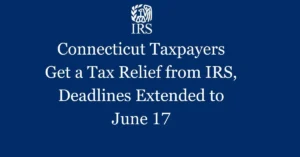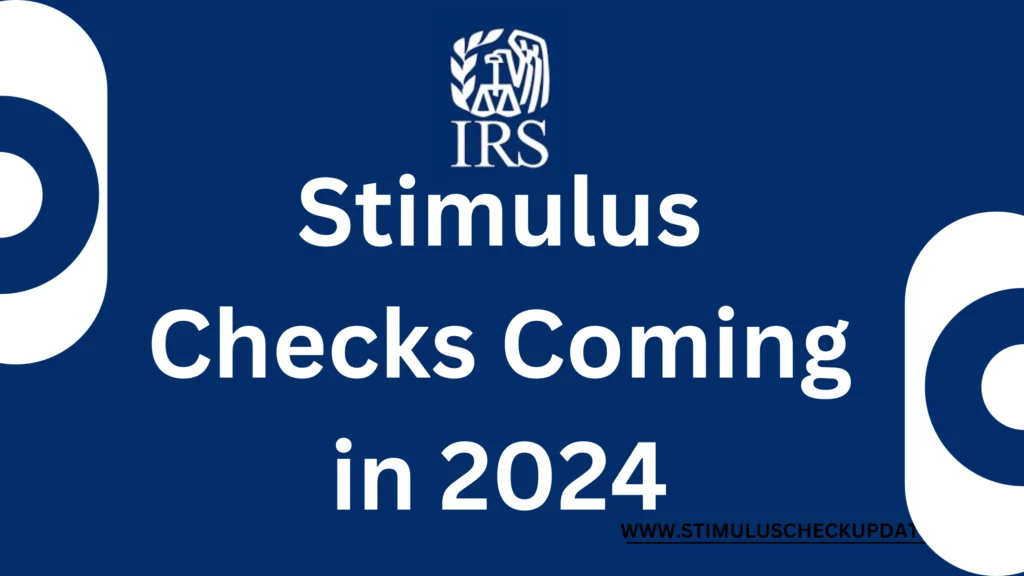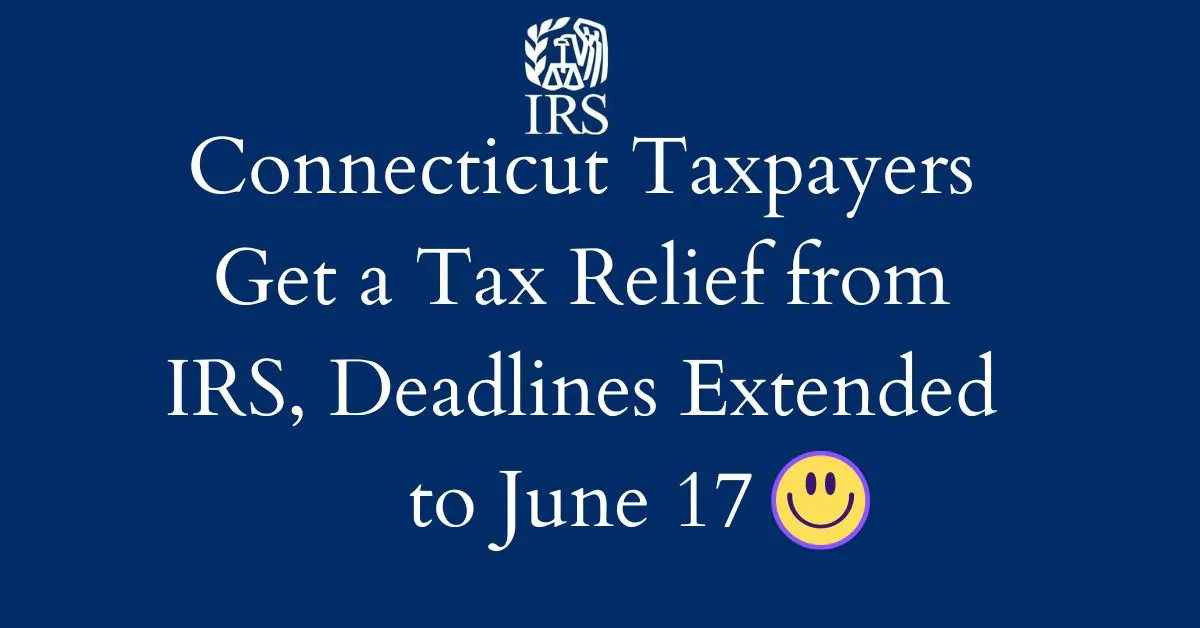In response to the severe storms, flooding, and looming threat of a dam breach that impacted Connecticut beginning on January 10, 2024, the Internal Revenue Service (IRS) has implemented tax relief measures to support affected taxpayers. This relief aims to alleviate the burden faced by individuals and businesses struggling to fulfill tax obligations due to the recent natural disasters.
The IRS has extended various federal tax return filing and payment deadlines to June 17, 2024 for taxpayers located in designated disaster areas within Connecticut. This extension applies automatically to those with an IRS address of record in the specified regions, which currently encompass New London County and the territories of the Mohegan Tribal Nation and Mashantucket Pequot Tribal Nation.
This article will provide an overview of the key tax relief provisions, including extended deadlines, penalty abatement, and resources available to assist taxpayers navigating the recovery process. The IRS’s thoughtful response reflects their commitment to easing financial stress and contributing to the resilience of storm-affected communities across Connecticut.

IRS Extends Tax Filing and Payment Deadlines
The IRS has extended various tax filing and payment deadlines to June 17, 2024 for taxpayers located in designated disaster areas across Connecticut. This blanket postponement provides affected taxpayers with additional time to address their federal tax obligations without penalties.
Overview of Extended Deadlines
- Individual tax returns and payments: Deadline extended from April 15, 2024 to June 17, 2024
- IRA and HSA contributions: Deadline for 2023 contributions extended to June 17, 2024
- Estimated tax payments: Payments due January 16, 2024 and April 15, 2024 postponed to June 17, 2024
- Quarterly payroll and excise taxes: Returns and payments due January 31, 2024 and April 30, 2024 now due June 17, 2024
- Partnership and S corporation returns: Deadline extended from March 15, 2024 to June 17, 2024
- C corporation and fiduciary returns/payments: Postponed from April 15, 2024 to June 17, 2024
- Tax-exempt organization returns: Extended from May 15, 2024 to June 17, 2024.
Penalty Relief and Additional Support
- Penalties waived for payroll and excise tax deposits due between January 10, 2024 and January 25, 2024 if deposited by January 25, 2024
- Comprehensive details on other eligible returns, payments, and actions available on the IRS disaster relief webpage
Streamlined Relief Process
- Taxpayers with an IRS address of record in the designated disaster area receive automatic filing and penalty relief
- Those who relocated after filing can call the number on any late filing/payment penalty notice to have penalties abated.
Support for Taxpayers Outside Disaster Area
Even taxpayers living outside the disaster area but facing challenges meeting deadlines due to records located in the affected region can seek assistance. These taxpayers, including workers supporting relief activities, should contact the IRS at 866-562-5227 for guidance and support.
Planning Ahead: Extension Requests and Payment Deadlines
As the ongoing tax season progresses, the IRS emphasizes the importance of planning ahead through timely extension requests.
Electronic Extensions Strongly Recommended
Taxpayers are advised to request extensions electronically by April 15, 2024 for smoother processing and convenience.
Unique Provisions for Disaster Area Residents
- Taxpayers in designated disaster areas can request extensions on paper between April 15, 2024 and June 17, 2024.
Shared Extended Filing Deadline
- Whether submitted electronically or via paper, extension requests grant taxpayers until October 15, 2024 to file returns.
Upcoming Payment Deadline
- While the filing deadline is postponed, any taxes owed are still due on June 17, 2024.
Resources for Streamlined Process
- For step-by-step guidance, taxpayers can visit IRS.gov/extensions.
Navigating Options for Uninsured Losses
Taxpayers facing uninsured or unreimbursed disaster-related losses must decide whether to claim these losses on the return for:
- The year the loss occurred (2024, filed in 2025) or
- The prior year return (2023)
This allows affected taxpayers flexibility during recovery.
Extended Election Deadlines
Taxpayers in federally declared disaster areas have up to 6 months after the due date for the disaster year return to make their election, irrespective of extensions. For individuals, this means an extended deadline of October 15, 2025.
- Important: Include FEMA declaration number 3604-EM on any return claiming losses.
Exclusion of Qualified Disaster Relief Payments
Understanding the financial strain caused by disasters, the IRS allows affected taxpayers to exclude qualified disaster relief payments from their gross income. This exclusion encompasses amounts received from government agencies for various purposes, including personal, family, living, or funeral expenses, as well as home repair or rehabilitation and content replacement.
For comprehensive details, taxpayers can refer to IRS Publication 525.
Retirement Plan and IRA Relief Options
- Special disaster distributions exempt from 10% early withdrawal tax, with 3-year income spreading.
- Allowance for hardship withdrawals based on plan rules.
- Each plan/IRA provides specific guidance for participants.
Ongoing Support and Evolving Tax Relief
The IRS remains committed to supporting disaster recovery efforts through ongoing assistance programs:
- Tax relief provisions are coordinated with FEMA damage assessments
- Resources available on disasterassistance.gov
As local damage continues unfolding, the tax relief is subject to change, emphasizing the IRS’s dedication to responding to evolving needs and contributing to the rebuilding process.
Bottom line: Connecticut Taxpayers Get a Tax Relief from IRS
The IRS’s comprehensive tax relief measures provide critical support for Connecticut residents and businesses impacted by recent storms and flooding. By extending deadlines, providing penalty relief, and offering ongoing assistance, the IRS aims to alleviate financial stress during the recovery process. With proper planning and utilization of available resources, taxpayers can navigate their obligations while focusing on rebuilding and resilience.
see also:

FAQ
What are some of the key extended deadlines for different tax obligations in Connecticut’s disaster-affected areas?
The extended deadlines include:
- Individual tax returns and payments: June 17, 2024
- IRA and HSA contributions for 2023: June 17, 2024
- Estimated tax payments: Postponed to June 17, 2024
- Quarterly payroll and excise taxes: Due on June 17, 2024
- Partnership and S corporation returns: June 17, 2024
- C corporation and fiduciary returns/payments: June 17, 2024
- Tax-exempt organization returns: June 17, 2024
How is penalty relief provided, and what actions are eligible for relief according to the IRS disaster relief webpage?
Penalties for payroll and excise tax deposits due between January 10, 2024, and January 25, 2024, are waived if deposited by January 25, 2024. Comprehensive details on other eligible returns, payments, and actions are available on the IRS disaster relief webpage.
What is the streamlined relief process for taxpayers in designated disaster areas, and how can those who relocated after filing obtain relief?
Taxpayers with an IRS address of record in the designated disaster area receive automatic filing and penalty relief. Those who relocated after filing can call the number on any late filing/payment penalty notice to have penalties abated.
What are the options for taxpayers outside the disaster area facing challenges meeting deadlines due to records located in the affected region?
Taxpayers outside the disaster area but facing challenges meeting deadlines due to records located in the affected region can contact the IRS at 866-562-5227 for support in navigating their tax obligations during the recovery process.
for more posts visit to stimuluscheckupdates.com

